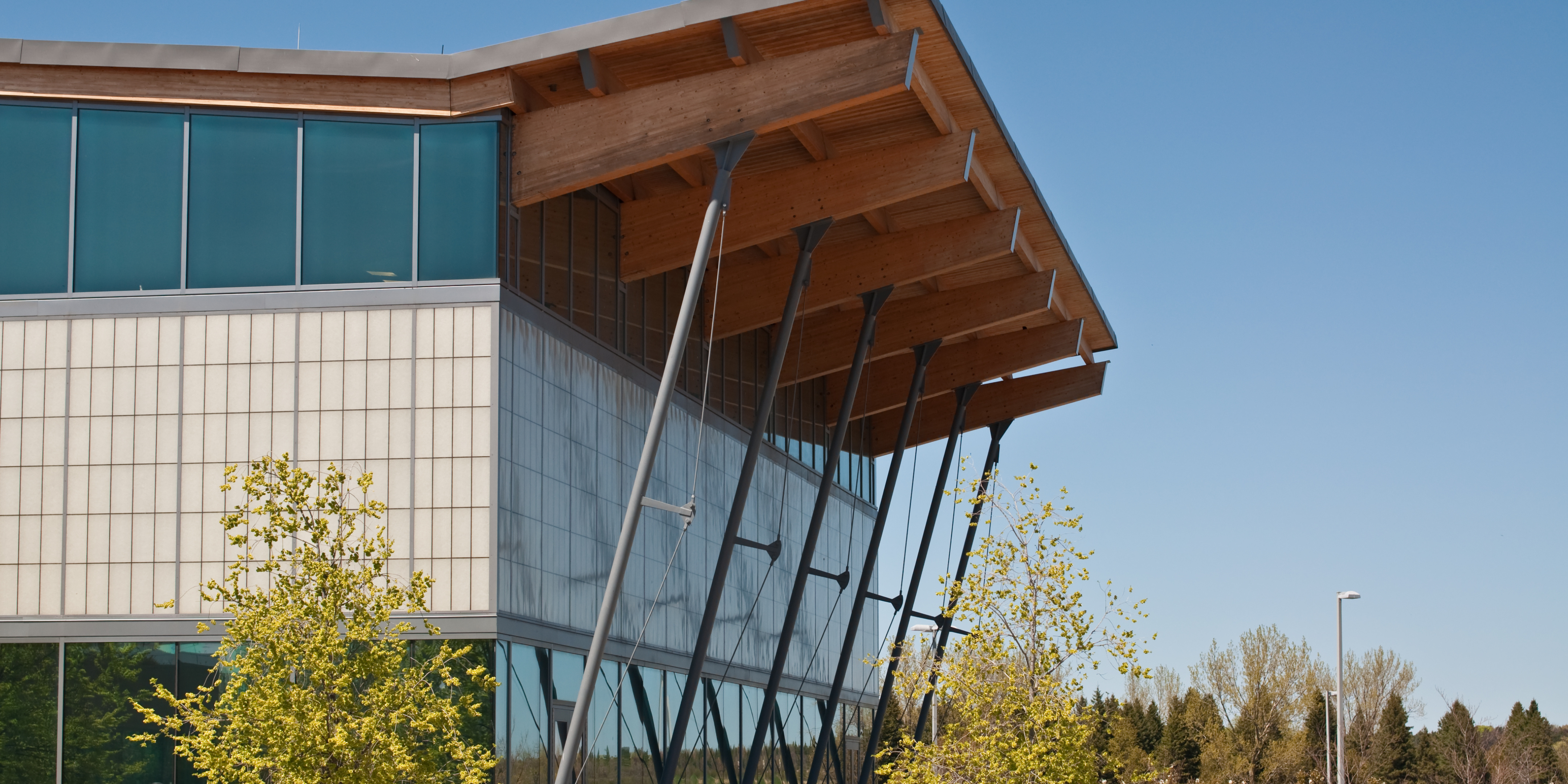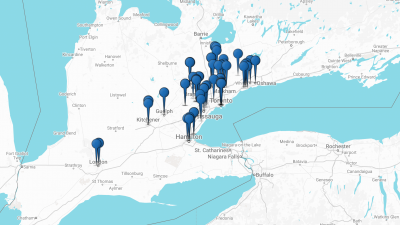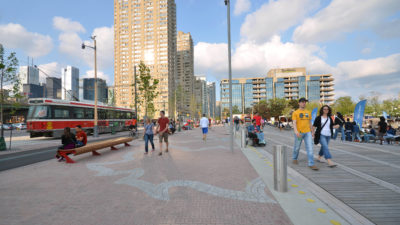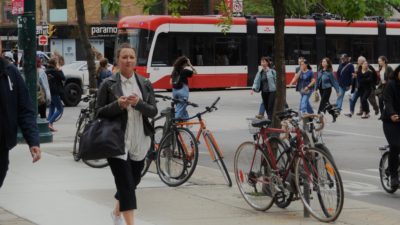Building Suburban Bike Culture with Community Bike Hubs
How do you grow cycling in places where currently very few people cycle? Suburban communities are cycling’s next frontier. Since 2014, TCAT has been using an innovative, evidence-based approach to incubating cycling in these challenging environments. We have conducted projects in three communities, each with positive results. Explore each project below:
SUBURBAN CYCLING POTENTIAL
Large transportation data sets are revealing enormous untapped potential for cycling in suburban neighbourhoods. A study by Ryerson University and TCAT found that one third of all trips in the Greater Toronto and Hamilton Area, or 4.3 million trips each day are 5 km long or less and could be cycled. While work trips in suburban communities may be longer, trips to the grocery store, the doctor’s office, or to a transit hub are often short and could be cycled.
People are hesitant to try cycling, however, because the environment is so unsupportive. Wide, high-speed roads and a lack of bike lanes can make getting on a bicycle feel uninviting and unsafe. At the same time, it is difficult for city staff and politicians to build bike lanes, particularly those that reallocate road space away from motor vehicles, when so few people cycle. We seek to solve this frustrating chicken-and-egg scenario through community bike hubs.
THE COMMUNITY BIKE HUB APPROACH
Community bike hubs are welcoming spaces where people can learn more about cycling, meet other people who cycle, and go cycling together. Based on research conducted by our partners at the University of Toronto which applied social practice theory and behaviour change to cycling programming, our approach seeks to address significant barriers people in suburban communities face, outside of infrastructure. By addressing these barriers, we can accelerate cycling adoption and grow a community of people cycling. These barriers centre around:
- Access: Do you have a bike?
- Skills and Knowledge: Do you feel confident riding your bike? Do you know safe routes to get from point A to point B?
- Community: Do you know other people who cycle? Are people supportive cycling? Does it feel like a normal, everyday thing to do?
Our approach uses a four-step model to target suburban neighbourhoods with significant cycling potential, address and remove these barriers and spark and sustain cycling. Read more about it in our report: Building Bike Culture Beyond Downtown: A Guide to Suburban Community Bike Hubs
RESULTS
- In Peel, participants in a bike mentorship program reported a drop in car trips from 54% to 42% of all trips and an increase in cycling from 5% to 25%. Participants averaged 177 minutes of cycling per week, compared with 25 minutes of physical activity per week for a control group.
- In Scarborough, 84% of first time participants said they intend to cycle more as a result of the program, and returning participants reported 7% more trips by bike. Among mentorship participants, the average number of days cycled to work or school doubled.
- In Markham, the community bike hub helped 900 participants in its first three months of programming through bicycle loan and repair programs, workshops, and community rides. Over 80% of workshop and ride participants reported learning a new skill or route, 61% of visitors to the hub said they met a new person who bikes, and 90% of returning participants said that Markham Cycles had helped them bike more.













